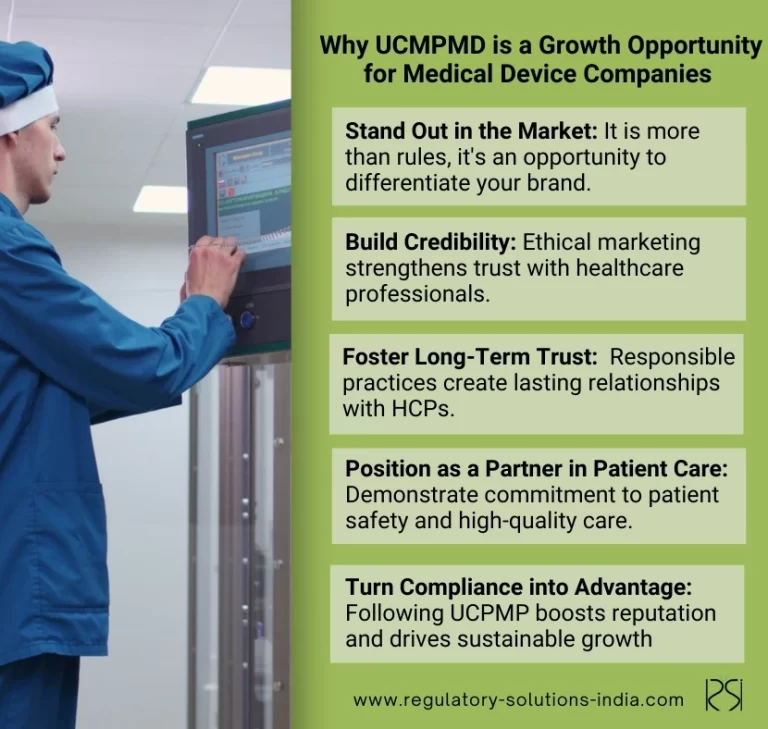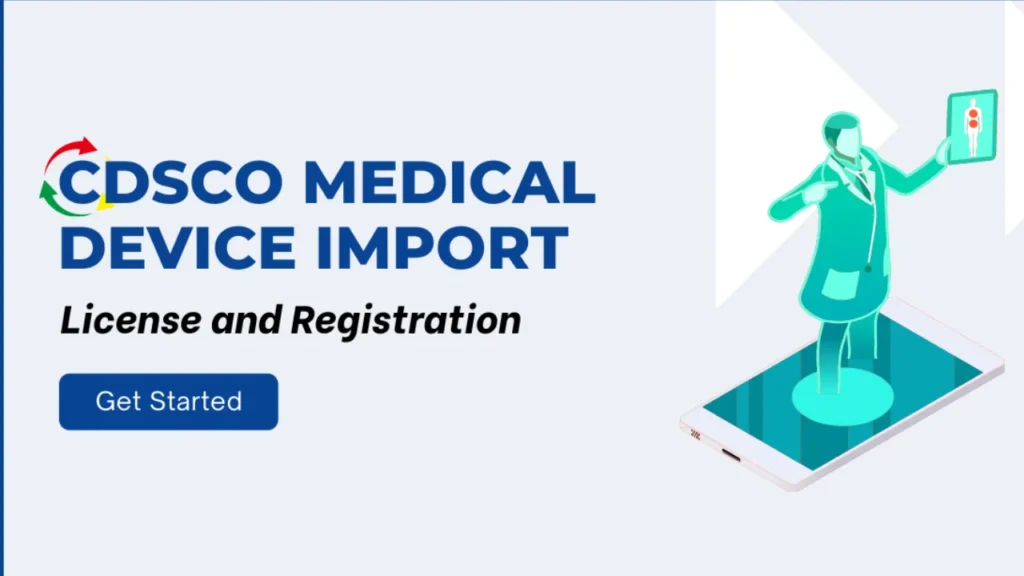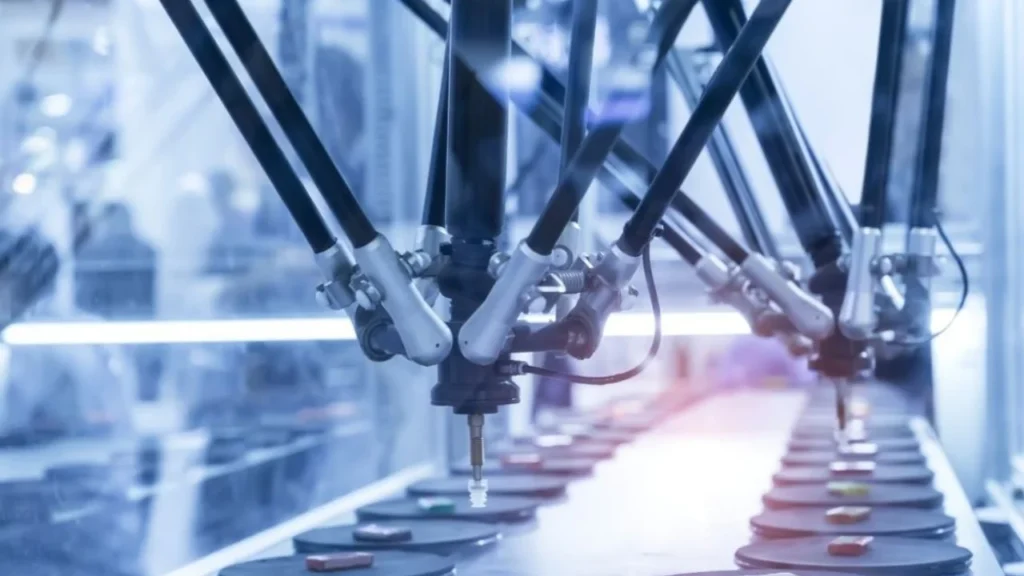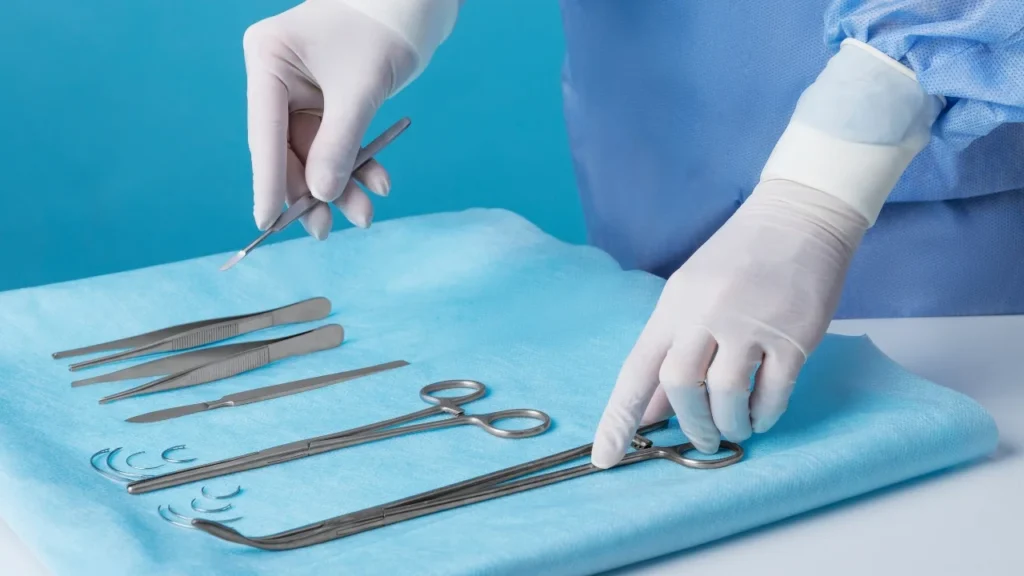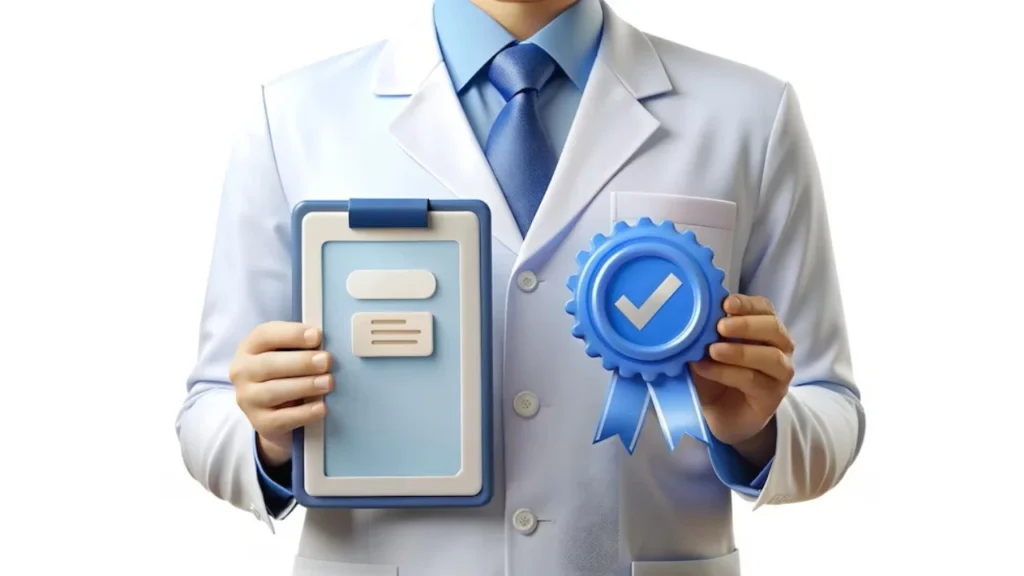In recent years, India’s healthcare industry has not only grown in size but also in influence, making ethical marketing more critical than ever. Concerns around aggressive promotion and undue influence have prompted policymakers to take a closer look at how both pharmaceuticals and medical devices are marketed. To address this, the Government of India introduced the Uniform Code for Marketing Practices in Medical Devices (UCMPMD) 2024, a framework designed to encourage ethical promotion of medical devices and protect patient interests.
For medical device companies, UCMPMD is more than a compliance checklist, it is an opportunity to build transparency, strengthen trust with healthcare professionals, and promote products responsibly. Still, understanding and applying the framework can feel overwhelming without proper guidance.
This blog offers a practical roadmap to navigating UCPMP for medical devices in India, helping companies move beyond compliance and embrace ethical, effective marketing practices.
Key Guidelines of UCMPMD 2024
The UCMPMD 2024 sets out well-defined guidelines to ensure that the marketing of pharmaceuticals and medical devices in India is carried out with fairness, transparency, and accountability. Guidelines are as follows.
1. Regulatory Compliance and Promotional Accuracy
- General Points: Medical devices must not be promoted before receiving approval from the Regulatory Authority, authorizing their sale or distribution as per the provisions of the Medical Device Rules, 2017. Promotions should align with product registration, licenses, and IFU/DFU, and all information must be accurate, balanced, up-to-date, verifiable, and substantiated promptly by the company to HCPs upon request.
- Claims and Comparisons: Claims about a medical device’s usefulness must be based on published evidence and the product’s IFU/DFU. Terms like “safe” or “safety” must not be used without qualification, and no device should be claimed as completely free of adverse effects. All claims must align with regulatory submissions and the IFU/DFU/User Manual. Comparisons with other devices must be factual, fair, verifiable, and not misleading, and brand names of other companies can only be used with prior consent. Other companies, their products, and healthcare professionals’ clinical or scientific opinions must not be disparaged, directly or indirectly.
- Textual and Audio-Visual Promotion: All promotional materials must comply with the Code, clearly state the device’s brand and generic names, manufacturer/importer details, warnings, precautions, contraindications, and note that additional information is available on request, with the date of the device’s creation or last update. Materials must not disguise their promotional nature, even in journals, and must comply with the Code regardless of editorial control. Promotions should conform to good taste, respect professional standards, avoid using HCP names or images, and not mislead by imitating other companies’ products or slogans. Dates of printing or last review should be stated where appropriate, and mailings must not include content unsuitable for public view, and audio-visual materials must be supported by relevant printed materials.
2. Medical Representative (MR) Conduct
Medical representatives including sales, marketing, clinical specialists, and third-party contracted personnel must maintain high ethical standards and comply with all provisions of this Code. They must not use inducements or subterfuge to gain access to healthcare professionals. Companies are responsible for ensuring their employees and third-party representatives comply with the Code, which should be reflected in employment or contractual agreements, and all representatives must have a thorough understanding of the Code’s requirements.
3. Brand Reminders, Evaluation Samples and Demonstration Products:
- Brand Reminders and Evaluation Samples: Brand reminders (books, diaries, calendars, journals, dummy device models, etc.) intended for professional use in healthcare settings are permitted if valued under Rs. 1,000 and without independent commercial value. Free evaluation samples may be given only to qualified HCPs or authorized persons, must include the latest IFU/DFU/User Manual, be marked “Evaluation Sample – Not for Sale,” and limited to reasonable quantities. Sample distribution value must not exceed 2% of domestic sales annually. Companies must keep records of product name, HCP details, date, quantity, value, and traceability for at least five years.
- Demonstration Products: Demonstration Products, unlike Evaluation Samples, are used by medical representatives to explain device features to HCPs. These may include single-use products, mock-ups, temporary software, or educational equipment, but are not for patient use and must be returned after demonstrations. Companies must track these products and maintain records of product name, HCP details, quantity, MRP value, supply and return dates, and traceability for at least five years. Receiving Brand Reminders, Evaluation Samples, or Demonstration Products does not imply endorsement, and both giver and recipient must comply with the Income Tax Act provisions.
4. Continuing Medical Education (CME) and Events
Engagement of the Medical Device Industry with Healthcare Professionals for Continuing Medical Education (CME), Continuing Professional Development (CPD), training, conferences, or workshops must follow transparent, verifiable procedures. Such events cannot be held abroad, except for advanced clinical training unavailable in India, requiring prior departmental approval with full justification and details submitted three months in advance. Eligible organizers include medical institutions, professional associations, research bodies (NIPERs, ICMR, DBT, CSIR, etc.), and medical device companies or their trusts/associations, alone or in collaboration. Companies must disclose event details and expenditures on their websites, subject to audit, while organizers must specify participant/speaker selection processes and funding sources.
5. Prohibited Practices
- Gifts: Medical Device Companies or their agents (distributors, wholesalers, retailers, etc.) must not offer or promise gifts, financial benefits, or advantages in kind to healthcare professionals or their family members.
- Travel: Companies or their representatives must not provide travel facilities to HCPs or their family members for conferences, seminars, or workshops, except when the HCP is a speaker at a CME/CPD or a participant in a training program approved by the Department.
- Hospitality: Companies or their representatives must not provide hospitality (e.g., hotel stays, luxury dining, resort accommodation) to HCPs or their families, except when the HCP is a speaker at a CME/CPD or attending a department-approved training.
- Monetary Grants: Companies or their representatives must not provide cash or monetary grants to HCPs or their family members under any pretext.
6. Ethics Committee for Marketing Practices
All Indian Medical Device Associations must upload the UCMPMD on their websites along with procedures for lodging complaints, linked to the UCPMP portal of the Department of Pharmaceuticals. Each Association shall establish an Ethics Committee for Marketing Practices in Medical Device (ECMPMD), chaired by the CEO and comprising 3–5 members, with its composition approved by the Board and displayed on the website. If a complaint does not relate to the receiving Association’s members, it must record the abstract and transfer the complaint to the relevant Association or to the Department of Pharmaceuticals if the company is not a member of any Association. For companies that are members of multiple Associations, the complaint should ordinarily be handled by the Association to which it is addressed, with guidance sought from the Department of Pharmaceuticals if needed. After disposal, Associations must publish details of complaints, companies involved, and actions taken on their websites and the UCPMP portal, where they must remain accessible for five years.
7. Penalties for Breach
Penalty for the breach: If a medical device company breaches the UCMPMD, the association’s Ethics Committee may impose several actions:
- Suspend or expel the company from the association.
- Publicly reprimand the company, with details of the violation disclosed.
- Mandate the issuance of a corrective statement, using the same media in which the original promotional content appeared.
- Require the recovery of funds or items given in violation from the concerned recipients.
- In certain cases, refer the matter to relevant government authorities via the Department of Pharmaceuticals (DoP) for further disciplinary, penal, or remedial action.
Why UCPMP is a Growth Opportunity for Medical Device Companies
For medical device companies, UCPMP is more than a set of rules, it’s a chance to be distinct in a competitive market. By adopting ethical marketing practices, companies can strengthen credibility with healthcare professionals, build long-term trust, and position themselves as responsible partners in patient care. In doing so, compliance transforms into a strategic advantage, driving sustainable growth and reputation.
About Regulatory Solutions India?
Regulatory Solutions India (RSI), founded in 2011, has successfully registered 400+ products in India across 25+ categories including medical devices, IVDs, and cosmetics such as stents, catheters, intraocular lenses, orthopedic implants, ablation devices, surgical dressings, and hypodermic syringes/needles for clients from 20+ countries.
Backed by rich industry experience, RSI combines technical expertise, strategic guidance, and project management support to help companies seamlessly register their products with India’s central licensing authority, CDSCO. Our team provides expert insights into the CDSCO medical device registration and import license processes, enabling clients to navigate the complex regulatory landscape with confidence.
Looking to simplify medical device regulatory compliance in India? Contact us today.

